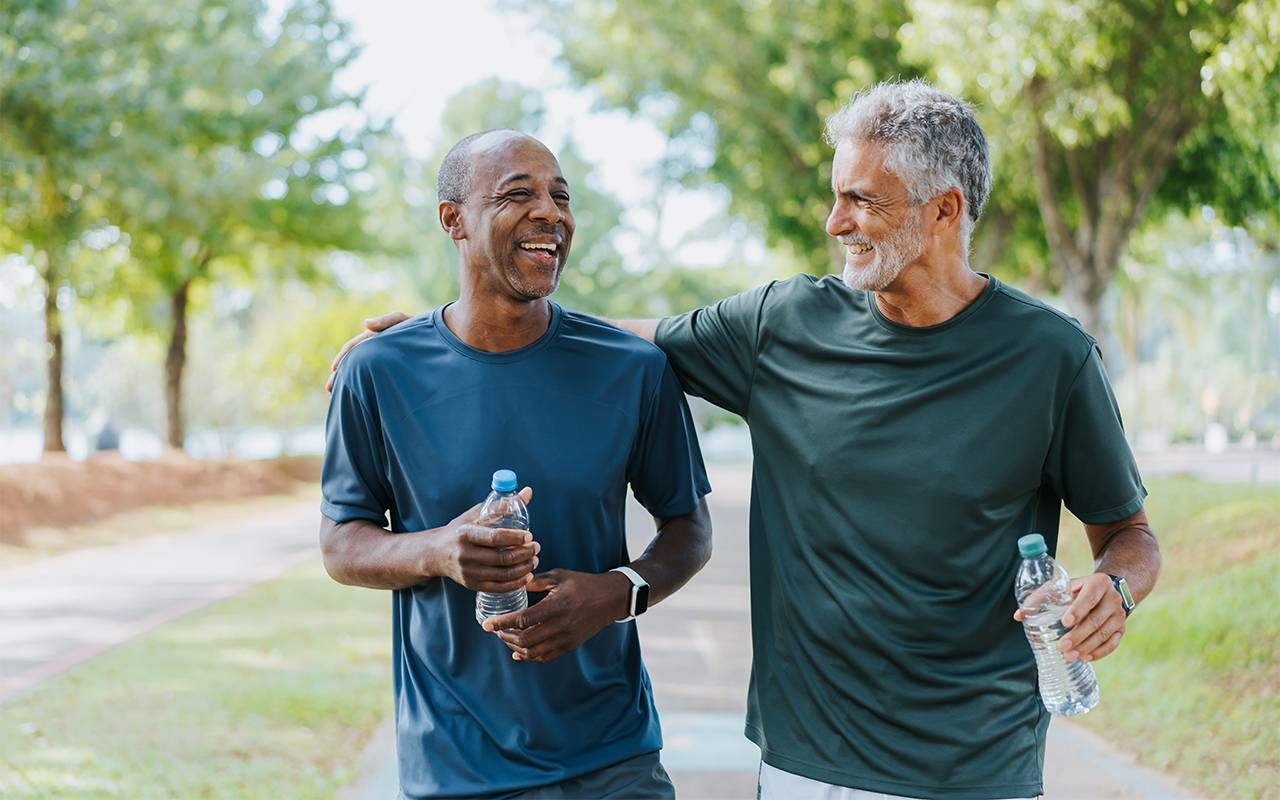Ageism, Loneliness and the Need for Resilience
Ageism, Loneliness and the Need for Resilience Next Avenue


Research Shows Resilience Can Mitigate the Impact of Ageism and Loneliness on Mental Health
Ageism and loneliness are significant public health issues that primarily affect the mental health of older adults. As life expectancy increases, these problems tend to coexist and pose a threat to the quality of life for older adults, especially those facing significant barriers.

New research has shown that resilience could reduce the mental health effects of ageism and loneliness, but its impact on minority elders remains unclear. The United States Census Bureau reports that older adults, in general, will become more racially and ethnically diverse.
Resilience is a common theme in research, but what does resilience mean when addressing ageism and loneliness?
As a result, the aging population will have significant implications in various areas, including ageism and loneliness, which are deeply ingrained in culture and society. Negative age stereotypes, compounded by messages about aging, can affect physical and mental health, particularly as individuals age.
The rapid growth of the older population will present challenges for healthcare professionals and policymakers as they seek new and innovative ways to incorporate a resilience framework into intervention programs for aging and mental health.
Without a holistic approach to resilience and mental health, minority older adults are left with a flawed “one size fits all” approach, as attitudes and stereotypes associated with aging increase with the aging population.
Holistic Approach to Resilience
A report from the World Health Organization states that ageism among elders is associated with poorer physical and mental health, increased social isolation and loneliness, greater financial insecurity, decreased quality of life, and premature death.
An estimated 6.3 million cases of depression globally are attributable to ageism, according to the report. Ageism intersects with and exacerbates other forms of bias and disadvantage, including sex, race, and disability, negatively impacting health and well-being.
If society hopes to reduce ageism and the epidemic of loneliness, it will require a critical examination of the role privilege and resilience play in these issues.
Resilience is often discussed as an individual accomplishment in surviving adversity. However, focusing on building resilient communities and ensuring robust community support systems can have a transformative impact.
“Instead of placing the burden on individuals to be resilient, imagine what our society could look like if we focused on building resilient communities and ensuring robust community support systems are in place to meet the needs of community members,” said Dr. Kayse Lee Maass, an industrial engineering professor at Northeastern University.
What is Resilience?
Resilience is too often discussed as an individual accomplishment in surviving adversity. Instead, it should involve building resilient communities and ensuring robust community support systems are in place to meet the needs of community members.
For minority elders, the expectation for resilience can seem like an added burden, leaving many isolated or experiencing the ripple effects of ageism. Expanding our view of resilience is necessary.
As the population becomes increasingly diverse, the social and economic burden of ageism and loneliness on minority older adults is expected to grow. Therefore, understanding the influence of cultural values on these issues is essential to provide support for minority elders.
How Resilience Impacts Minority Elders
Current research confirms that higher levels of resilience may be more likely to prevent ageism from directly impacting mental health. Therefore, working to increase overall resilience might be the solution to addressing age discrimination.
Social isolation and loneliness are common among African American and Black older adults and were particularly prevalent during the pandemic. For Black older adults who immigrate to the United States, social isolation is even worse due to cultural, religious, and language differences they may encounter when they come to the country, especially if they immigrate later in life.
Minority populations may face barriers to accessing services, stigma, language barriers, and cultural conflicts, leading to less use of formal health and social services and acute loneliness. These experiences can impact individual resilience and negatively affect community resilience and belonging.
Communities can improve accessible transportation options, prioritize home-based social visits, or assist community members with accessing new technologies to connect with loved ones remotely. By prioritizing equitable and accessible community-based support systems, the burden of overcoming loneliness can be shifted away from individuals.
A degree of resilience can make or break us. Creating a sense of belonging anywhere is critical to reducing loneliness, especially for less resilient older adults and those lacking the privilege of community. Having an intentional community may promote resilience to minimize the adverse effects of loneliness and ageism.
Since privilege and resilience can predict loneliness, solutions must also consider unique lived experiences. Shaping media narratives and developing a personal sense of responsibility and accountability are necessary for addressing these challenges.
SDGs, Targets, and Indicators
-
SDG 3: Good Health and Well-being
- Target 3.4: By 2030, reduce by one-third premature mortality from non-communicable diseases through prevention and treatment and promote mental health and well-being.
- Indicator: Number of cases of depression attributable to ageism.
-
SDG 10: Reduced Inequalities
- Target 10.2: By 2030, empower and promote the social, economic, and political inclusion of all, irrespective of age, sex, disability, race, ethnicity, origin, religion or economic or other status.
- Indicator: Proportion of older adults experiencing ageism and loneliness.
-
SDG 11: Sustainable Cities and Communities
- Target 11.7: By 2030, provide universal access to safe, inclusive and accessible, green and public spaces, in particular for older persons and persons with disabilities.
- Indicator: Availability of accessible transportation options for older adults.
Behold! This splendid article springs forth from the wellspring of knowledge, shaped by a wondrous proprietary AI technology that delved into a vast ocean of data, illuminating the path towards the Sustainable Development Goals. Remember that all rights are reserved by SDG Investors LLC, empowering us to champion progress together.
Source: nextavenue.org

Join us, as fellow seekers of change, on a transformative journey at https://sdgtalks.ai/welcome, where you can become a member and actively contribute to shaping a brighter future.







